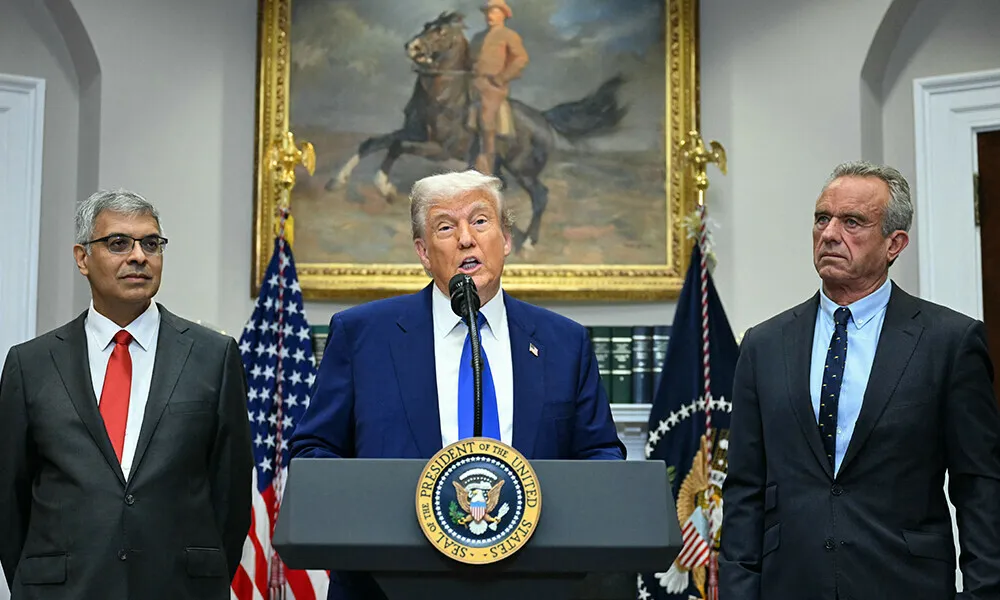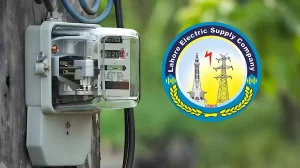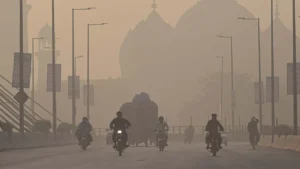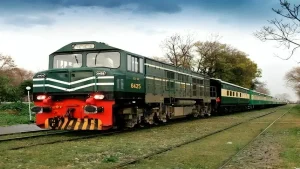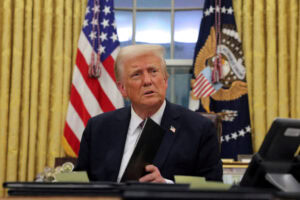Islamabad 7 August: President Donald Trump is poised to meet Russian President Vladimir Putin as early as next week to discuss a potential ceasefire in the ongoing Russia-Ukraine conflict, according to White House officials.
The announcement follows a flurry of diplomatic efforts, with Trump expressing optimism about ending the war that has raged since Russia’s invasion in February 2022. A subsequent meeting involving Ukrainian President Volodymyr Zelensky is also under consideration, though no firm schedule or location has been confirmed.
The White House revealed that Trump’s special envoy, Steve Witkoff, met with Putin in Moscow earlier this week, yielding what Trump described as “great progress.” Speaking from the Oval Office on Wednesday, Trump stated, “There’s a good chance that there will be a meeting very soon,” emphasizing the urgency of ending the conflict.
He noted that Russia first proposed the meeting, and he is open to engaging both Putin and Zelensky to broker a deal. However, Trump stressed that any meeting with Putin would ideally include Zelensky to ensure comprehensive ceasefire discussions.
The push for talks comes with a looming deadline. Trump has given Russia until Friday, August 8, to agree to a ceasefire, threatening severe economic repercussions if Moscow fails to comply. These include new sanctions on Russia’s “shadow fleet” of oil tankers, which evade Western restrictions, and secondary tariffs of up to 50% on countries purchasing Russian oil, notably China and India. On Wednesday, Trump signed an executive order imposing an additional 25% tariff on Indian goods, effective in 21 days, as a signal of his intent to pressure nations trading with Russia.
Ukrainian President Volodymyr Zelensky has expressed cautious support for the diplomatic efforts, noting that Russia appears “more inclined” to a ceasefire following Witkoff’s Moscow visit. However, Zelensky remains skeptical of Putin’s commitment, citing Russia’s history of violating agreements. In a recent briefing, he emphasized the need for detailed discussions with Trump to understand the terms proposed in U.S.-Russia talks. Zelensky has also reiterated Ukraine’s refusal to cede control of its territories, including the regions of Donetsk, Luhansk, Zaporizhzhia, and Kherson, which Russia claims as its own.
The Kremlin, meanwhile, has been less committal. Spokesman Dmitry Peskov stated that Putin “does not rule out” a meeting with Zelensky but insisted that “necessary work” at the expert level must precede any talks. Russia’s demands include an end to foreign military aid to Ukraine, a halt to Ukrainian mobilization, and Kyiv’s exclusion from NATO membership—conditions widely viewed as unacceptable to Ukraine and its Western allies.
Recent Russian attacks, including a deadly strike on Nikopol that killed three people and a massive drone assault on Lozova, underscore the ongoing violence despite diplomatic overtures. Zelensky reported that Russia has launched over 1,300 guided bombs and numerous drones since recent U.S.-mediated talks in Saudi Arabia, highlighting the challenges of securing a lasting truce.
European leaders, including German Chancellor Friedrich Merz and NATO chief Mark Rutte, have been briefed on the potential summit, with discussions ongoing about sanctions and support for Ukraine. The Vatican has also emerged as a possible neutral venue for future negotiations, following its expressed interest in hosting talks.
READ MORE: Trump diagnosed with ‘chronic venous insufficiency’
As the Friday deadline approaches, expectations for a breakthrough remain tempered. Trump’s previous attempts to secure a ceasefire, including a 30-day truce proposal accepted by Ukraine but rejected by Russia, have fallen short. The U.S. president’s frustration with Putin was evident when he remarked, “We thought we had [the war] settled numerous times, and then President Putin goes out and starts launching rockets into some city like Kyiv.”
With global attention focused on the potential Trump-Putin summit, the international community awaits clarity on whether these talks can halt the bloodshed and pave the way for a lasting peace in Ukraine.

